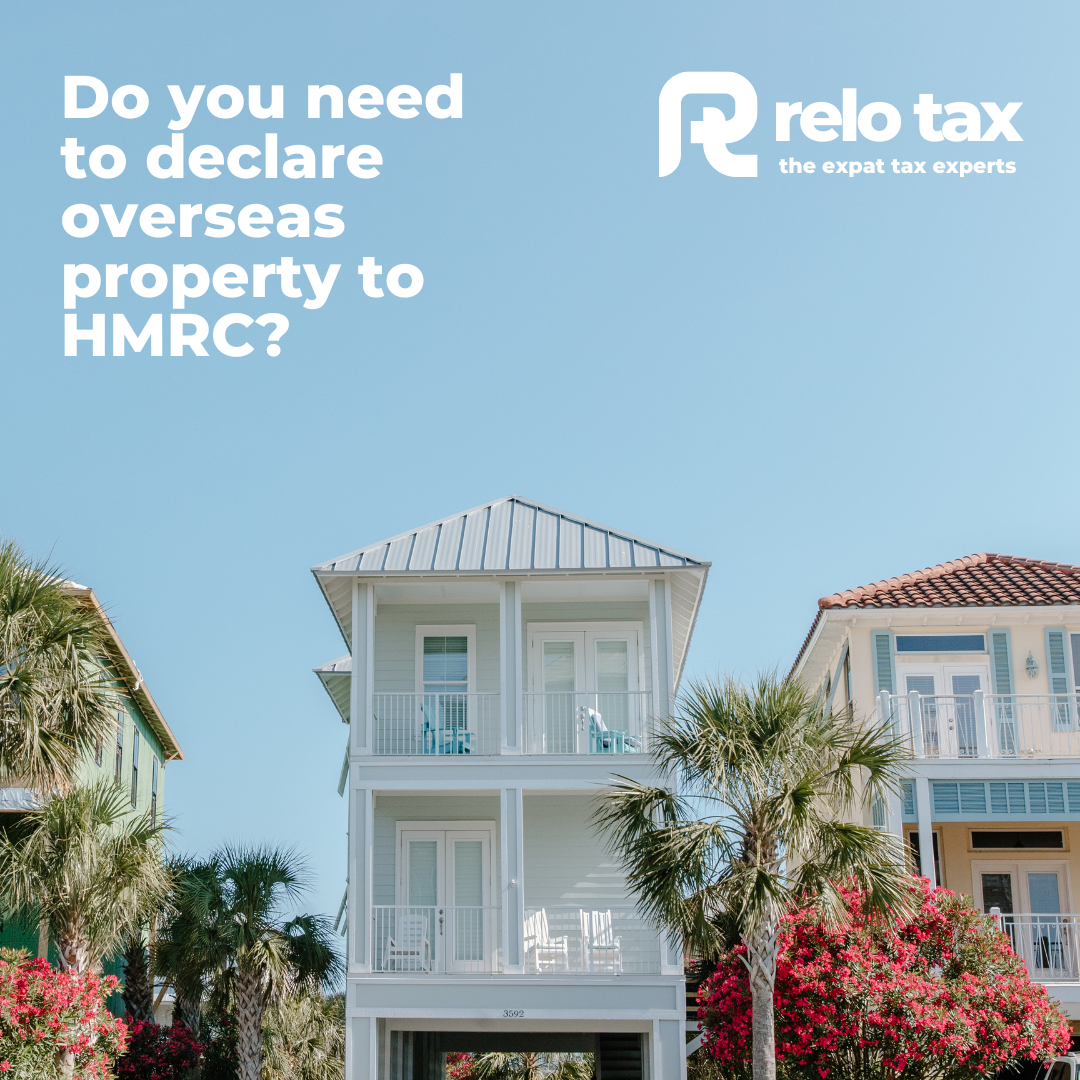Do you need to declare overseas property to HMRC?
Owning property overseas is a dream for many, whether as a holiday retreat, a permanent residence after retirement, or as an investment. However, along with the benefits and potential income such properties can bring, they also come with additional responsibilities, especially when it comes to taxes. A common question among UK residents who own property abroad is whether they need to declare this to His Majesty's Revenue and Customs (HMRC). The answer is not always straightforward and depends on various factors, including how the property is used, your UK tax status, and the country where the property is located.
Tax Obligations for Overseas Property Owners
The UK operates on a worldwide tax system for residents. This means that if you're considered a UK resident for tax purposes, you're obliged to report your global income to HMRC in most cases. This includes any rental income you earn from an overseas property. Failure to declare this income could result in hefty penalties and interest on any unpaid taxes.
If you sell your overseas property, you may also be liable for Capital Gains Tax (CGT) on any profit you make.
The UK has double taxation agreements with many countries, which can affect how much tax you pay. These agreements ensure you don't pay tax twice on the same income or gain, but navigating these rules can be complex, and it's often wise to seek professional advice.
Rental Income and Personal Use
The way you use your overseas property significantly influences your tax obligations. If you rent out your property, any income generated must be reported to HMRC. However, you can deduct certain expenses before calculating the taxable income, including rates, property maintenance, and management fees. In addition you can get tax relief in respect of mortgage interest.
If the property is used solely for personal reasons and not rented out, you might not have to report it to HMRC unless you sell it at a profit. Nevertheless, it's essential to keep detailed records of your property's purchase and sale, including dates, amounts, and related expenses, should HMRC inquire.
Declaring Overseas Property
To declare overseas property income or gains, you'll need to complete a Self Assessment tax return. For those unfamiliar with the process, we can assist with reporting foreign income and gains. The deadline for submitting your tax return and paying any tax owed is typically the 31st January following the end of the tax year in question.
Seeking Professional Advice
The rules surrounding the declaration and taxation of overseas property can be complex, and they can change. Furthermore, the tax implications can vary dramatically depending on your personal circumstances and the specific laws of the country where the property is located. For these reasons, seeking advice from a tax professional who understands UK tax law and another who understands the tax system of the country where your property is located is prudent. They can help ensure you meet all your obligations, take advantage of any available tax reliefs, and avoid penalties for non-compliance.
Conclusion
Owning property abroad is a significant financial and legal responsibility, especially regarding tax obligations. UK residents must declare any income or gains from overseas property to HMRC, considering the intricate rules and potential for double taxation. By staying informed and seeking expert advice, property owners can navigate these complexities, ensuring compliance and peace of mind.
Contact Us
Get in touch to find out how the topic covered in this article might apply in your circumstances, how you can reduce your tax liabilities and maximise your tax efficiency.
Please note that the above is for general information only and does not constitute financial or tax advice. You should not rely on this information to make or refrain from making any decisions. You should always obtain independent professional advice in respect of your own situation.

